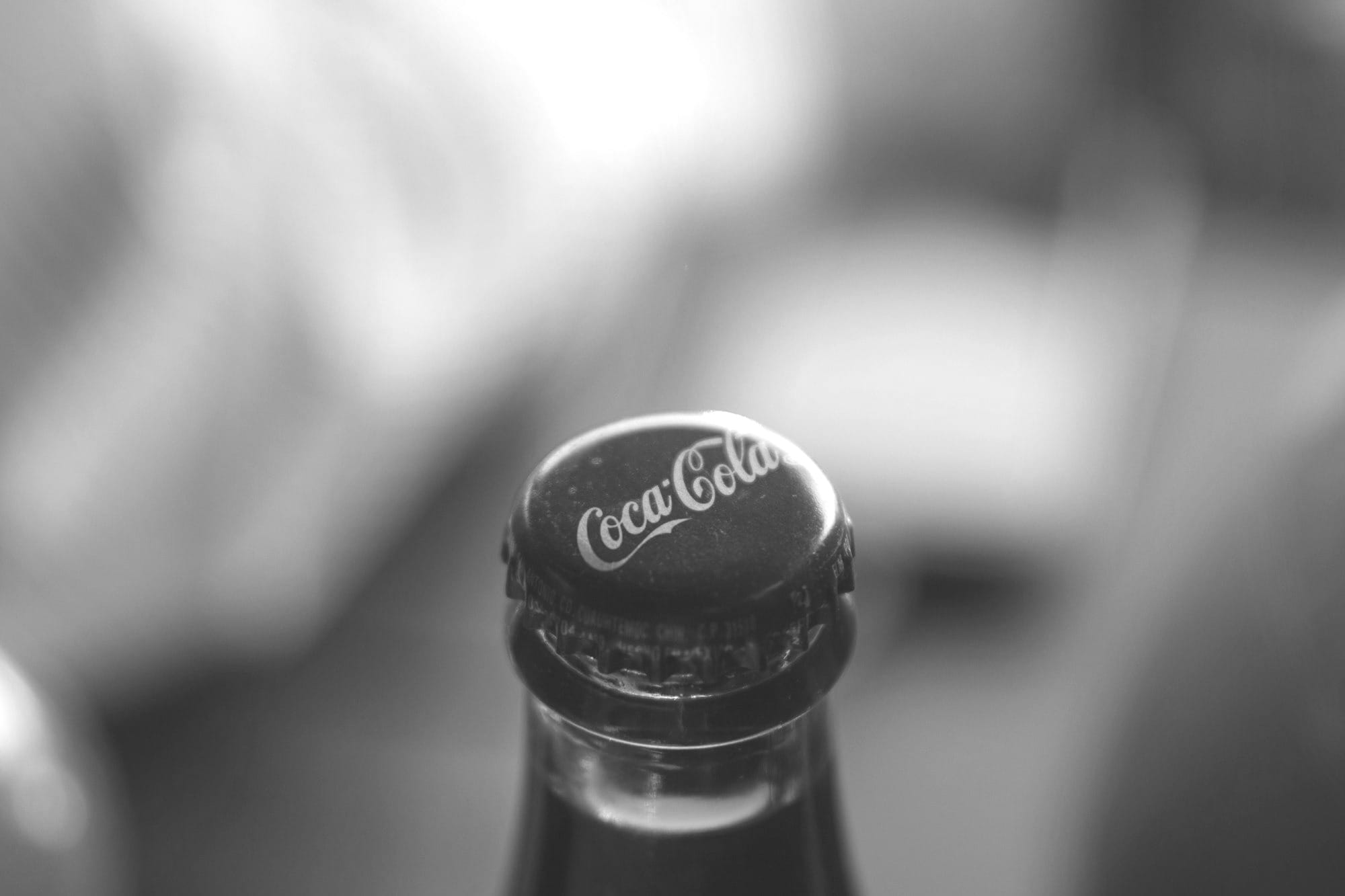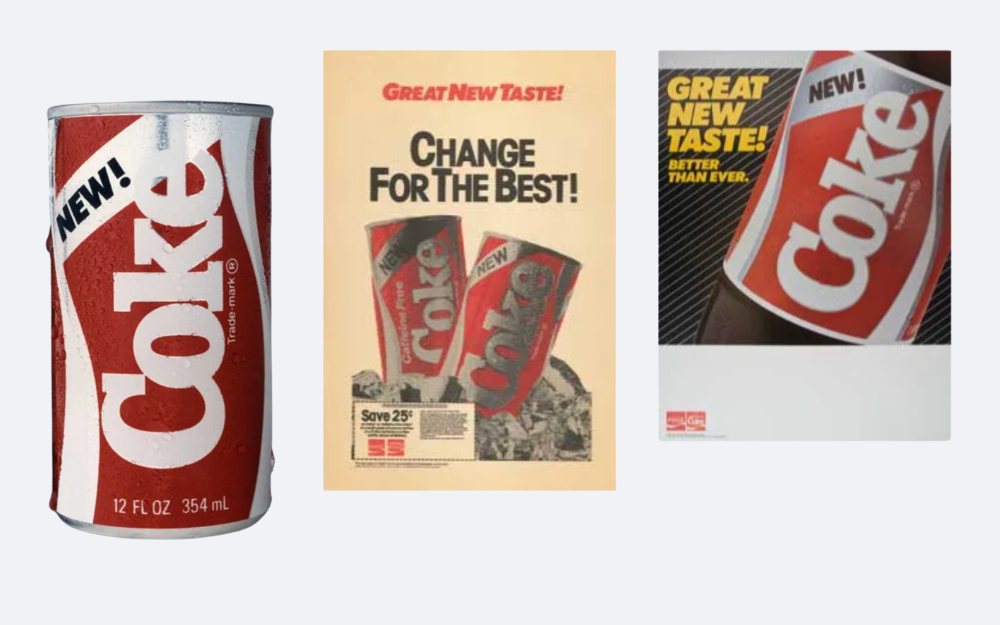It's been 40 years since the New Coke scandal
There are still valuable strategy lessons to be learned from Coke's biggest blunder.

Some of you might be old enough to remember the 'New Coke' scandal that took place in the US in April of 1985.
The short summary of what happened is that Coke was in a fierce fight for market share with Pepsi. Coke executives assumed that the problem was with Coke itself (the product), which has been the same for 100 years.
The decision was made to update the Coke recipe and relaunch Coke as New Coke, which against expectations sparked mass protests in America (the likes of which have never been see since).
Just 79 days after spending millions on the promotion of New Coke [they hired Bill Cosby to be their spokesperson (awks)], the old Coke was brought back. Ironically the stunt ultimately ended up propelling Coke back into the #1 spot in America, but in a way that certainly wasn't intended.
For strategy nerds like us, the New Coke case study is a classic and to this day there are still very valuable lessons that can be drawn from it.
The Branding Journal has an excellent detailed analysis of what happened, as well as a number of valid points that can be drawn from this whole episode:
A brand lives in its products
'People often disassociate the product from the brand, but the reality is that a product is the most tangible representation of a brand itself. It is part of its identity and not just something the company sells.
Classic Coke was a drink with a specific taste, but also the taste of what the brand is. By changing the product’s formula, Coca-Cola’s executives modified the brand and the entire experience around it. When a product is deeply tied to a brand’s identity, any change must be handled carefully to avoid breaking consumer trust.'
Sales don't equal long-term success
Many modern marketers are obsessed with analytics and performance metrics and ironically the measures that they choose to indicate success are not the ones they should be monitoring. Sales tell you nothing about the health of your brand. Subscribers, likes, thumbs up and all of that nonsense may do wonders for a marketer's ego, but has absolutely zero baring on how good they are at building long-term reputational goodwill.
'New Coke sold well at first—75% of people who tried it said they would buy it again, and sales grew faster than the previous year. But in the end, this didn’t mean consumers accepted the change.
The backlash showed that short-term numbers don’t always reflect long-term brand health. A product can sell well initially but still damage a brand if it weakens customer trust and loyalty over time.'
Market research can be a dangerous thing
Much like the Bible, you can get market research to tell you anything you want it to. In the wrong hands it's a wickedly dangerous weapon of brand destruction. We've worked with many a 'wonderfully intelligent MBA-genius' whose dogmatic approach (enshrined in bullshit research) successfully evaporated large chunks of brand equity thanks to their unwelcomed involvement in critical strategic decisions.
'Coca-Cola relied heavily on blind taste tests and surveys that showed people preferred New Coke’s flavor. However, they failed to consider emotional loyalty and real-world behavior. While data suggested people liked the new taste, focus groups revealed passionate resistance from loyal drinkers—insights that were ignored, although they were indicators of broader backlash.
This demonstrates that market research should go beyond rational preferences and consider emotional attachment, nostalgia, and cultural symbolism.'
The term that has been coined for this recently is 'hyper-optimisation' and as data becomes more pervasive, and common sense flies out the window, the danger is that 'data-driven decision making' alone will cause increasing havoc for brands that insist on replaying their historical hits rather than leaning into the uncertainty of innovation.
More:



